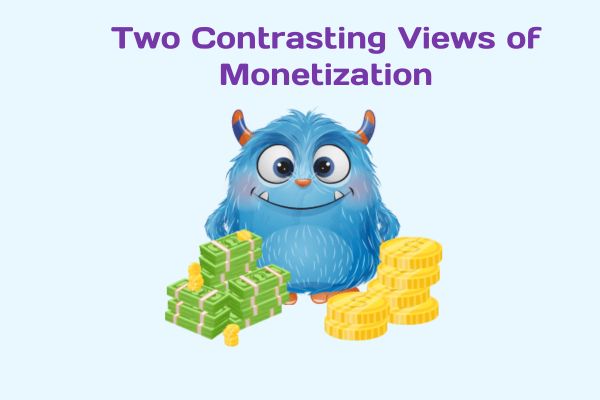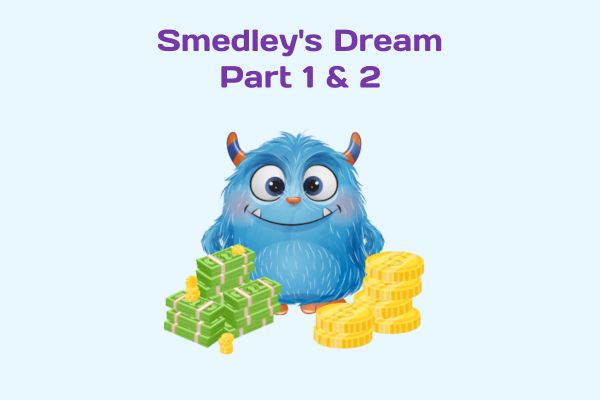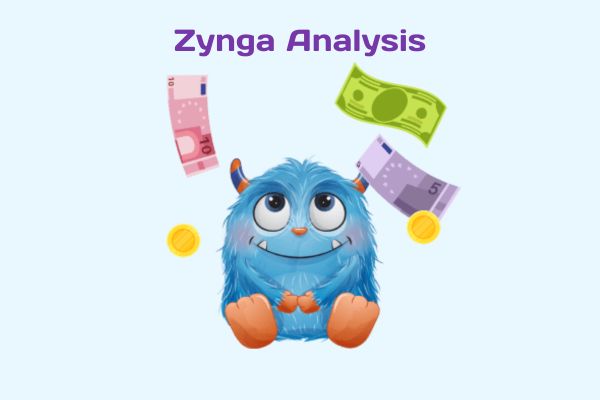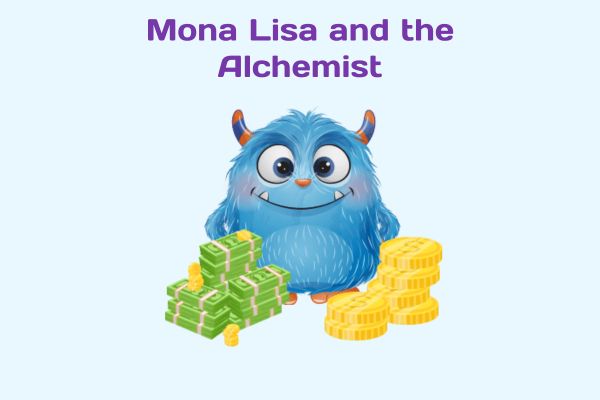I watched this fascinating video of Roger Dickey today, he explains the Zynga monetization model in more detail than I did back in August (posted here on gameful):
He comes right out and verifies what I wrote back in August when he says “[Zynga founders] used metrics because they didn’t know how to make games”. What they did know was how to monetize products. Metrics allows them to learn how to make games via a trial and error approach. This is an exceedingly slow process and can only take you so far since creative leaps must occur by accident. When you are trying to copy others, there is not a lot of opportunity even for accidents.
Roger puts “engagement” central to his game design, which I think is a good move. Engagement is a sub set of Immersion, and if you have read my chapter on Immersion (again see my blog) then you may notice that much of their model is actually counter-immersive. When you consider Zynga’s use of “Fun Pain”, you can see that again this is counter immersive and perhaps even antagonistic to the end user. Roger is correct in saying that if you give players the option of “Grind” vs. “Spam” vs. “Pay”, many of them will not realize that they have a fourth option, which is “leave”. But what he may not realize is that most people are in the “leave” category. Despite the term “social games”, this approach to monetization is hardly social. It also monetizes poorly per user, and attempts to make up for this by attaining maximum exposure.
If you read my chapter on Immersion (released this week) and my chapter on Virtual Achievement (I will make this public next Monday, 11-28-11), you will see much similarity, but just as many differences. I stress immersion, scarcity, prestige, and community in my designs. Roger mentions community 35 minutes into his lecture, suggesting that they came upon this by accident and do not know how to reproduce it. He does recognize that it monetizes powerfully. There is no mention of prestige, and if you read my chapter on Virtual Achievement, you will see that it cannot exist in their model.
Now if you read this and think I am saying Zynga is getting it wrong, this is not true. A better way of saying it is that I am suggesting they are getting it half right. Roger’s lecture is aimed at teaching entrepreneurs who are not gamers how to make profitable games using metric driven monetization models. My writings aim to teach gamers and game designers how to monetize their work. That may sound like the same thing, but it is almost the opposite. If you are a business person that is not a gamer, then Roger’s lecture will make more sense to you, and will be of more benefit to you. If you are a gamer and read my papers, I think you may find that these make more sense to you and will be of greater value to that population.
Popular categories at dk.topcasinoer.net:






